“Sunrise,” the album’s eventual ninth track, came second, and this may be the theme of the whole album, as well as Dogstar’s official return to the music scene after 20 years: warm, bright, hopeful with a heavy dose of pull-at-your-heartstrings nostalgia, as only an authentically alt-rock ‘90s band can do. While internationally their names might not carry the same recognition, within the band, they are the sum of three equally vivid parts: singer-guitarist Bret Domrose, bassist Keanu Reeves, and drummer Robert Mailhouse. It’s this triality that sparks reference to that ancient Greek philosopher who proclaimed the number three the best of all numbers — and the most harmonious.
“I guess it's just who we are. Hey, we're warm people,” Bret jokes with a laugh, and though the ease and deep friendship these three share speaks for itself, the overall grungy-summery sound was actually the overall endgame. Robert credits producer Dave Trumfio for bringing “beautiful, layered, lush, warm tones in combination with what we came up with ourselves.”
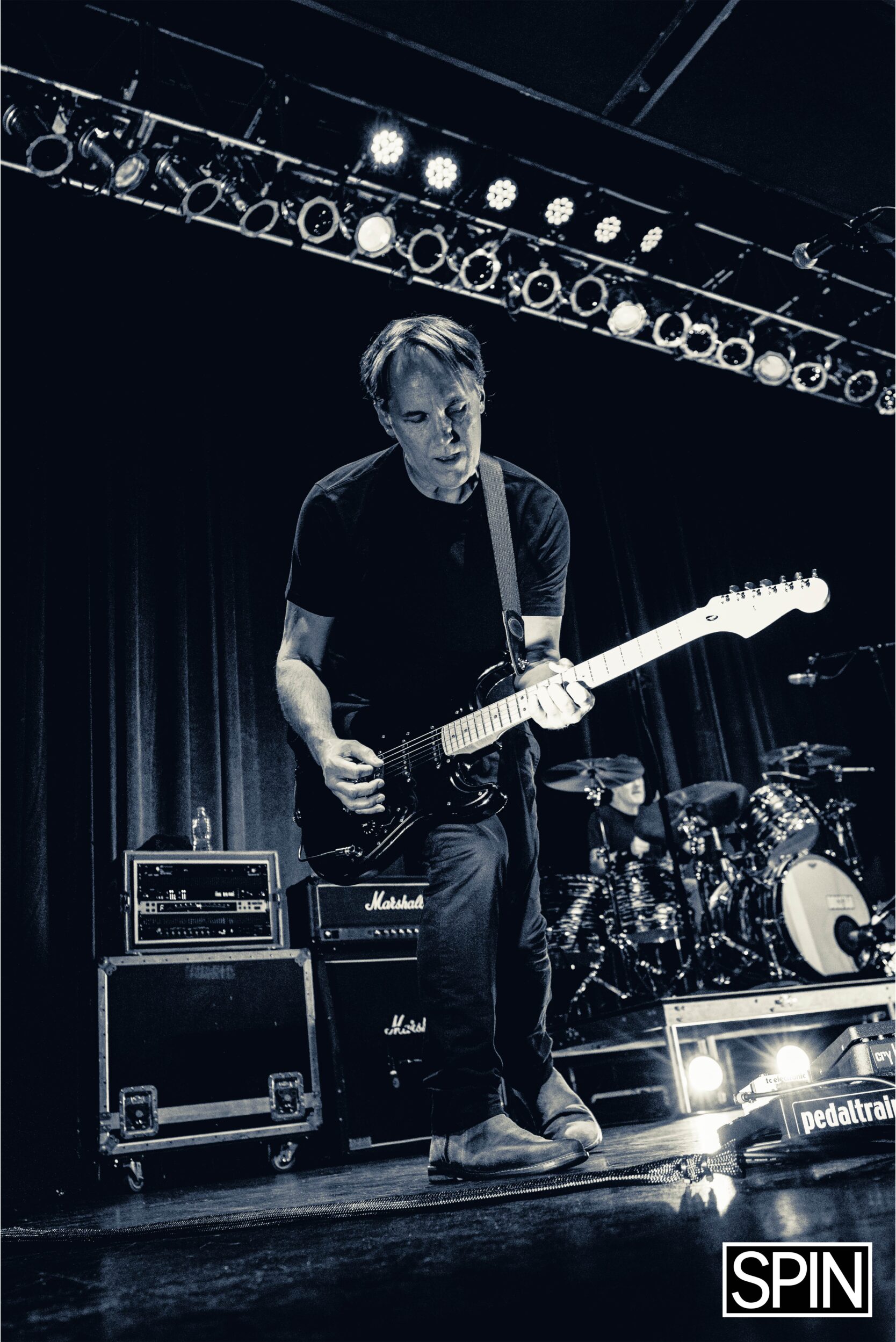
“We specifically looked for a vintage Neve mixing console because we wanted that warm, fat '70s sound,” Bret adds, explaining the band’s process of choosing studios based on gear. “Lyrically, I try to keep hope as an undercurrent. Musically…if we go to a dark spot or something, we don't spend too much time there.
“That's just the way we craft songs…with some hope.”
No need to call the new album a comeback. They’ve been plenty busy over the last two decades, keeping in touch and even playing together, as friends — who also happen to be bandmates — do. On this mid-September afternoon, they’re just now back on their Southern California home turf after two shows in Yokohama and Osaka. Ironically, as Bret recalls, it was in Japan where they had their “last” show in 2003, after which they decided to pause. “We came back [from Japan in 2003] and it was just one of those things where we just took a break and then everyone went their own way, different musically, and just expanded and tried different things,” Bret explains. “We always stayed together and we were always friends.”
Time passed and lots changed, namely the industry, and the strengthened climate of artists’ creative control. This time, the guys were determined to be in charge.
“There was just such a machinery that we didn't have to contend with this time,” Bret says, describing the process of creating the new album as a fresh experience. “There was just so much garbage back in the day that now, this time around, we realized, ‘Wow. We could be in charge of this thing. We don't need a record company right now. We can do this all ourselves and we can even release it ourselves, and the music will get heard.’”
This time, Dogstar would focus on the music they wanted to create. “If you're an artist, you're sculpting or painting, you're going to start a new project, you never go, ‘This painting has to be a hit,’” Robert says. “I think all those years that passed really helped in a way because when we got back together, that's exactly what happened. We got into a room and we made sounds, and we started building music without thinking anything other than pleasing ourselves.”
They all agreed: At this stage, they were going to start with songs they liked. They’d create music for themselves. Robert remembers Keanu’s let’s-see-what-happens attitude as a “refreshing” start.
“Roast the chicken and see if it burns,” Bret says with a laugh.
“It's this kind of step-by-step approach…” Robert recalls. “It was like a tasting kitchen...let's try the bouillabaisse.”
“Then at the end, we opened a restaurant,” Bret smiles, carrying the joke.
Keanu leans forward, for emphasis, proclaiming: “Rock ‘n roll!”
“You’ve got the lights…you got the waft of cigarette smoke coming in the back door…it was old-school good times,” Bret says of their July show at The Roxy, “a good, old Hollywood, Sunset Boulevard rock night…you look out five rows into the audience and there’s Steven Tyler dancing. You got that going.”
Despite what you’ll read online, the band confirmed that they were never initially called Small Fecal Matter, nor were they ever called BFS, said to have stood for either Big Fucking Shit or Big Fucking Sound. What is true, is that Bret replaced singer-guitarist Gregg Miller in 1994. Also true, Robert plucked “Dogstar” out of Henry Miller’s Sexus – as with most of Miller’s writings, lust is an unabashed theme. More commonly, presented as two words, “Dog Star” — and more formally known as Sirius — is the brightest star in the sky.
Fitting, then, that Robert’s dog Henry (whose name brings all of these alignments in full sequence) was, according to Bret, “the only other living organism around when we were [creating the album]. He's part of it and the energy that he gives…the warmth of a dog is a big part of this record, too.”
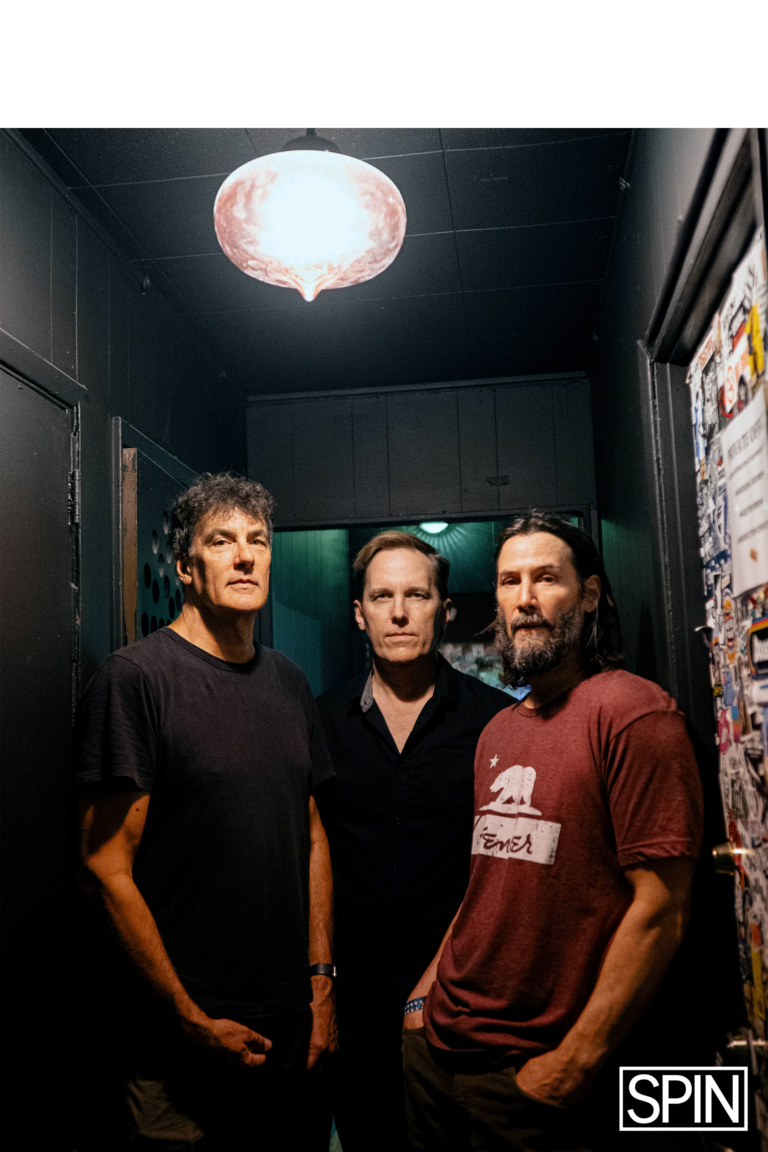
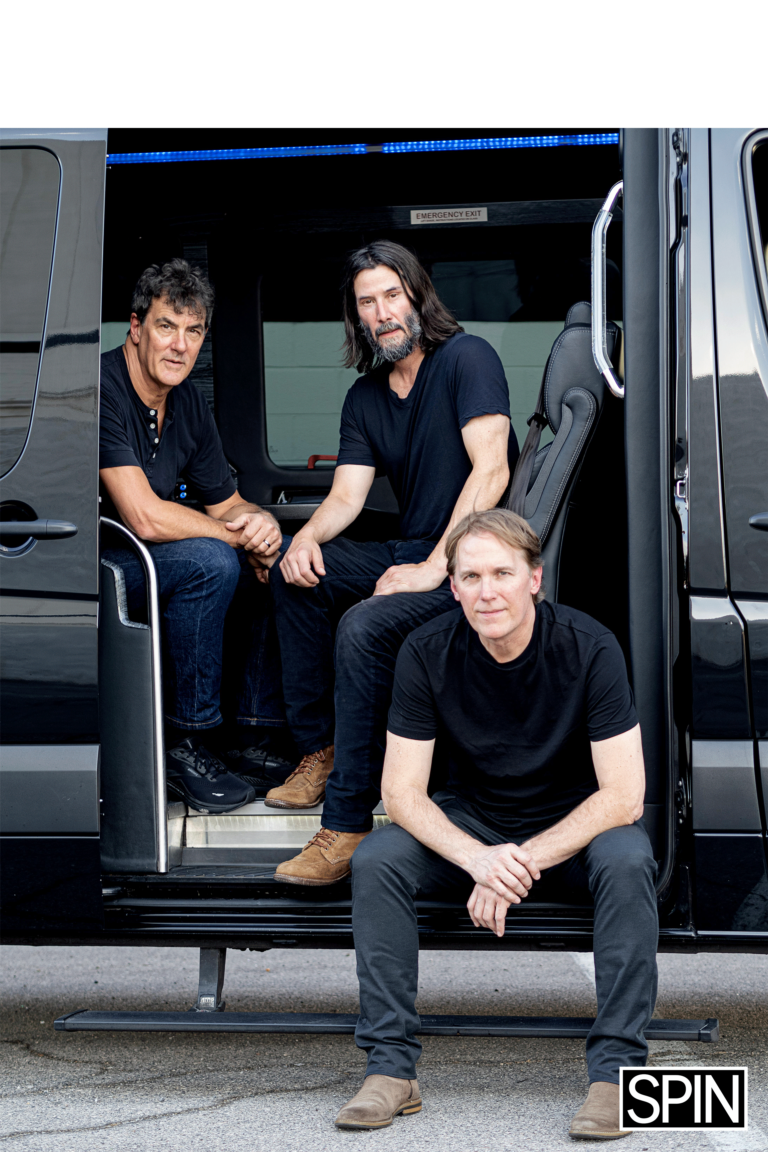
Their DIY/anti-corporate/non-conformist attitude from the beginning should give a hearty glimpse into why these guys create music. Good. Old Hollywood. Sunset Boulevard. Rock night. That’s Dogstar, in sum, not simply because they were formed in Los Angeles, but because their reputation as a kick-ass live band is eternally fixed, their garage-band inception firmly rooted in their souls and sound.
Keanu agrees that a true garage band is a state of mind. Or heart. “Because we get together and we fucking play music and we start to jam and we start to just play.”
“It’s that same energy, for sure,” Bret agrees. “It's that same energy that you have when you're a kid…when you're starting out and you're doing it for all the right reasons. You don't care if your ears are ringing at the end of the day because you're in too small of a space, your amp is too loud, or whatever it is. All that not caring, that's what makes a good record, I think. That's what makes a cohesion between the band members, too.”
“I think we're a marriage of that,” Keanu says. “Now we're a marriage or an integration of that garage band with caring and trying to keep that spirit of that, but take in our experiences and how we want to care about our music and it works.”
Bret starts: “Yes, I think over the years, we've learned to file off the rough edges a bit and how to use the equipment properly and how to—“
“We're pro now,” Keanu quips, and the guys erupt in laughter.
“We're a pro garage band now!” Bret says.
“The pro garage band,” Keanu says. Everyone is still laughing.
“Thanks to Rob, we have a nicer garage,” Bret says.
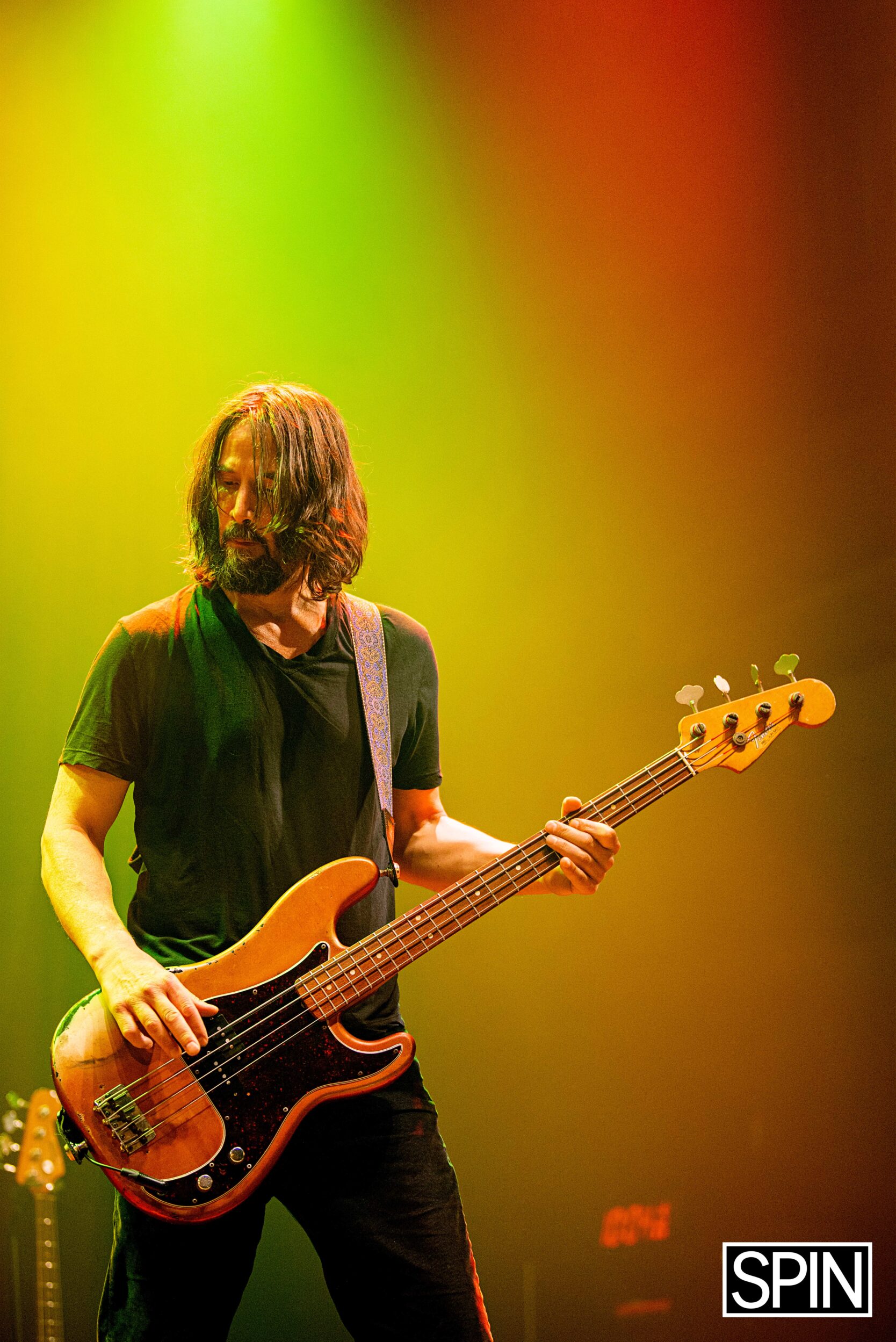
From their initial jam sessions up to the actual recording, they’ve managed to preserve that authentically stripped-down “pro garage band” sound on Somewhere Between the Power Lines and Palm Trees. In a world of filters and special effects, they’ve chosen a more honest, old-school route. “Hit songs” are amongst the many words they never mention. “Chart success,” “singles,” and “algorithm” are a few notable others that never come up. That means that the undeniably happy alt-pop riffs on “Everything Turns Around,” as well as the strummy, Manchester-movement-eque “Upside” were unintentional, undeniable (sorry, guys, but someone has to say it) ready-made commercial hits.
And no, not every song sounds like this, that wouldn’t make sense for an album-journey album. “Glimmer” — a moody, swelling alt-serenade — is and should be a live-show staple, its crowd at the ready to sing and sway along with thumb-operated, gas-station-purchased flame lighters.
All that said, the album refreshingly lacks predictability. Take the Eastern-influence break on “Lust,” for instance. “You could hear a sitar…out of nowhere,” Robert says, delightedly, recalling Dogstar’s 1999 performance at the Zee Cine Awards in Mumbai, followed by a “drum-off” on the hotel rooftop, as “the most surreal moment of our lives.” No matter how surreal, there’s no doubt some shred of the experience can be heard on “Lust,” a little over a minute in.
Bret recalls the Eastern-influenced break came out of one of their jam sessions. Keanu looks at his “hieroglyphics” treatise to recount the process, like an ancient scholar: “We have here…we go to Rob's house, there's a verse, and then we go, a disco funk, all-star jam. Then I crossed out “funk,” and then it went to the High A, and then we have the Indian [break] put in there. That's, I guess, where Bret started to go into the Indian influence of holding that A and the tension there…”
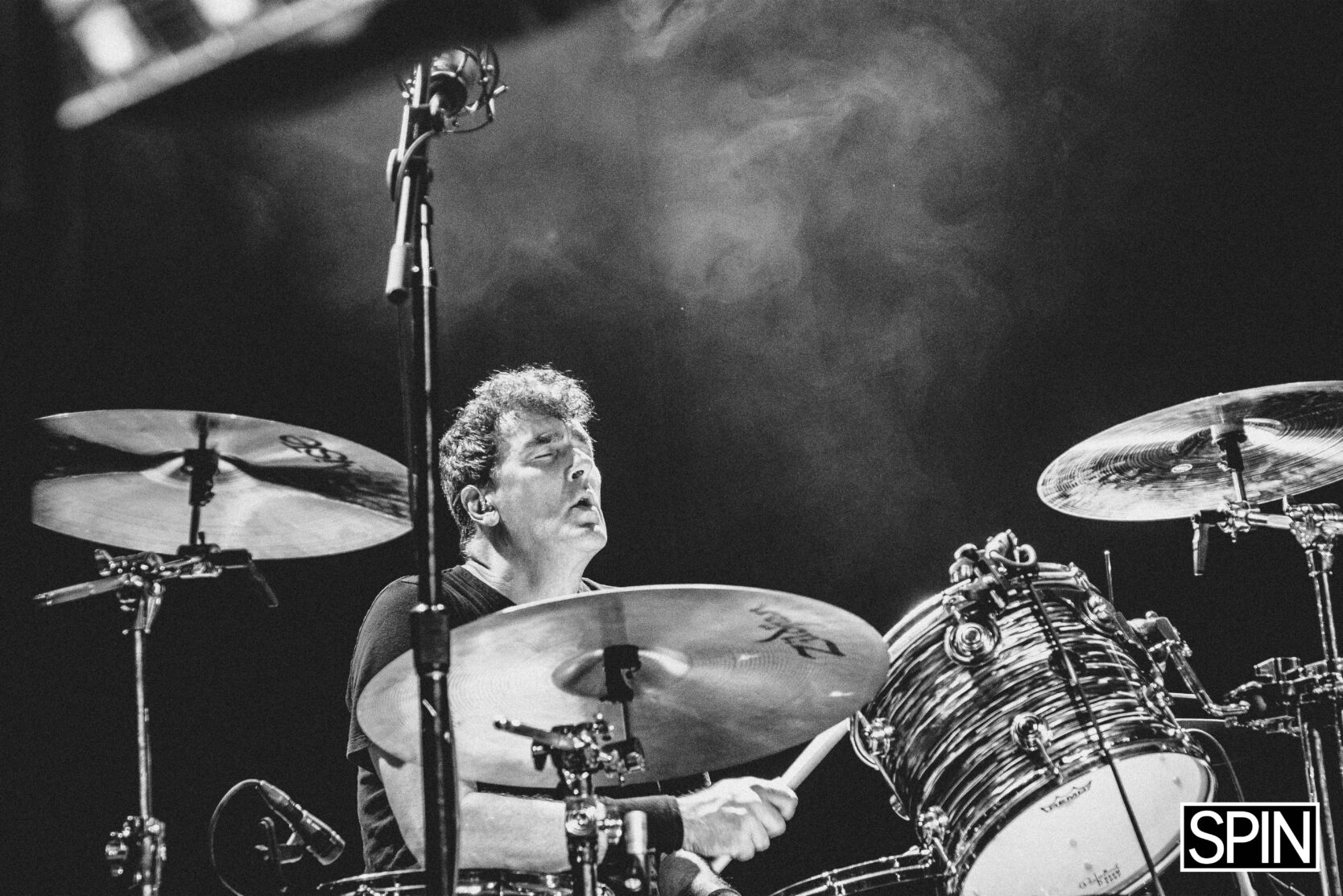
Somewhere Between the Power Lines and Palm Trees ends with “Breach,” an unapologetic grinder — to use Bret’s words — “a punctuation mark” at the end of this here-comes-the-sun album journey. This is not the hearts-and-flowers sendoff. It’s more of the wake-the-fuck-up-people sendoff. As Robert says, “we digged in a little harder.” Bret explains that they intentionally ended this journey — the album journey — this way.
“It’s a bit of fun cold water,” Keanu says. “It’s a cliffhanger.”
“This genre, it's a lost thing. If you listen to the radio, things are so different now,” Robert says, describing Dogstar as “just three guys playing their instruments…it's not that complicated…it's not the mainstream anymore like it used to be.”
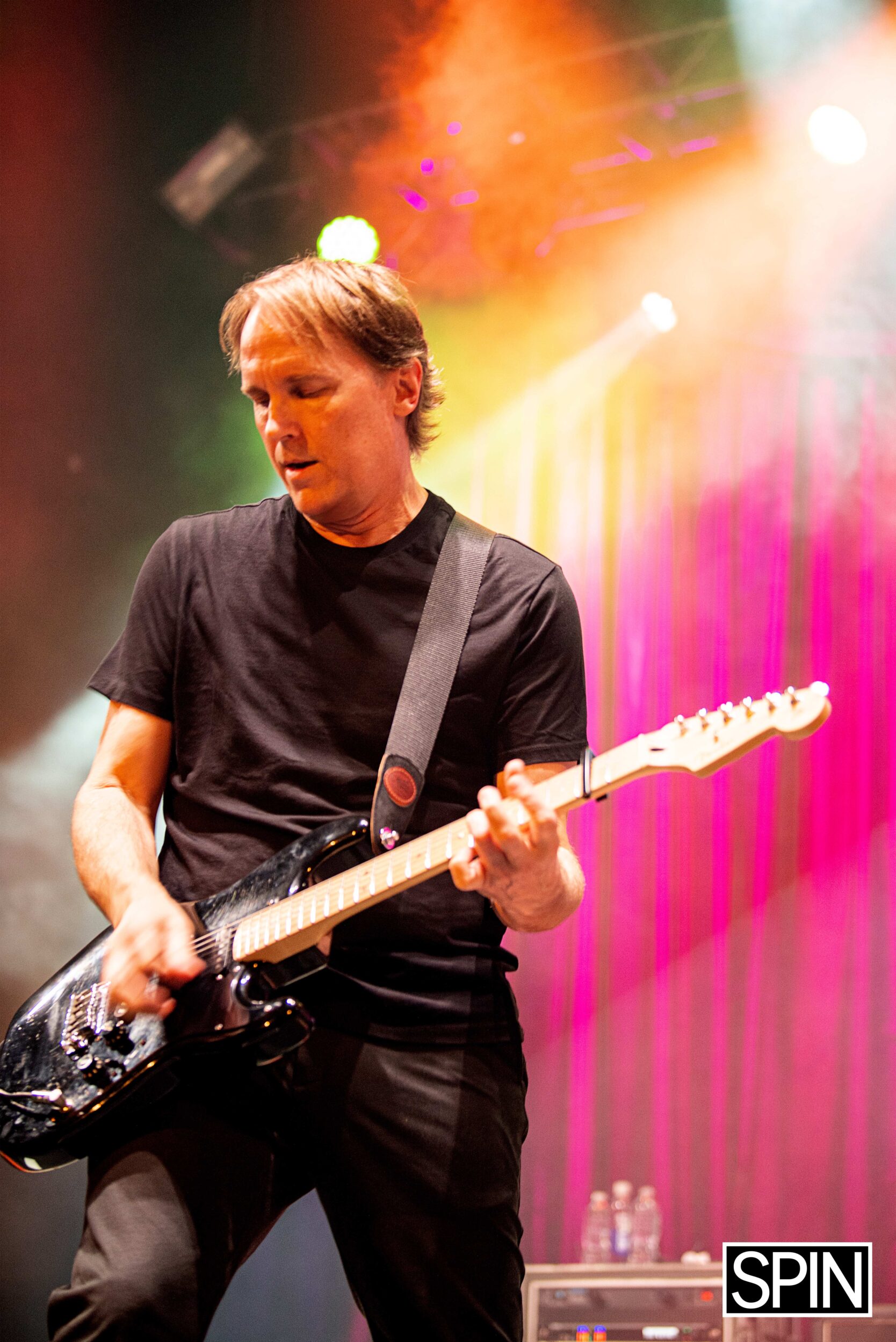
Through the decades, and after all they’ve been through, they’re idealistic. And you can feel it on the album – raw human emotion, the same that inspired them in their early years. “You can't trick people into believing you,” Bret says, after a passionate citing of some of his most influential musical imprints: Hüsker Dü, the Clash, Elton John.
Honest and inspired, Somewhere Between the Power Lines and Palm Trees fully reflects these three guys, the stories of their lives over the last three decades, and exactly who they are.
“Rock is what keeps you young,” Bret says. “30 years times three guys' lives…that's 90 years of living. That's a lot of shit that could happen, that did happen. It ain't all good and it ain't all bad, but it's all in these songs. It sounds hippie-dippy corny, but there's a little bit of every year of our lives in these songs, I think. In that sense, [it’s] a mature endeavor.”
“This is who we are now,” Keanu says. “We're all over 50. I think to what Robert was saying…the influences that we have are coming through us into how we interpret, but also what we create in the moment. I think that's individually and collectively…that's what Dogstar is. It's like all of these personal things and then us collectively coming out with this music that would not happen if it wasn't the three of us.
“Individually, none of us would write a Dogstar song, but collectively, with who we are as artists and who we are, when we all come together and start to make music together…the sum of the parts is Dogstar.”

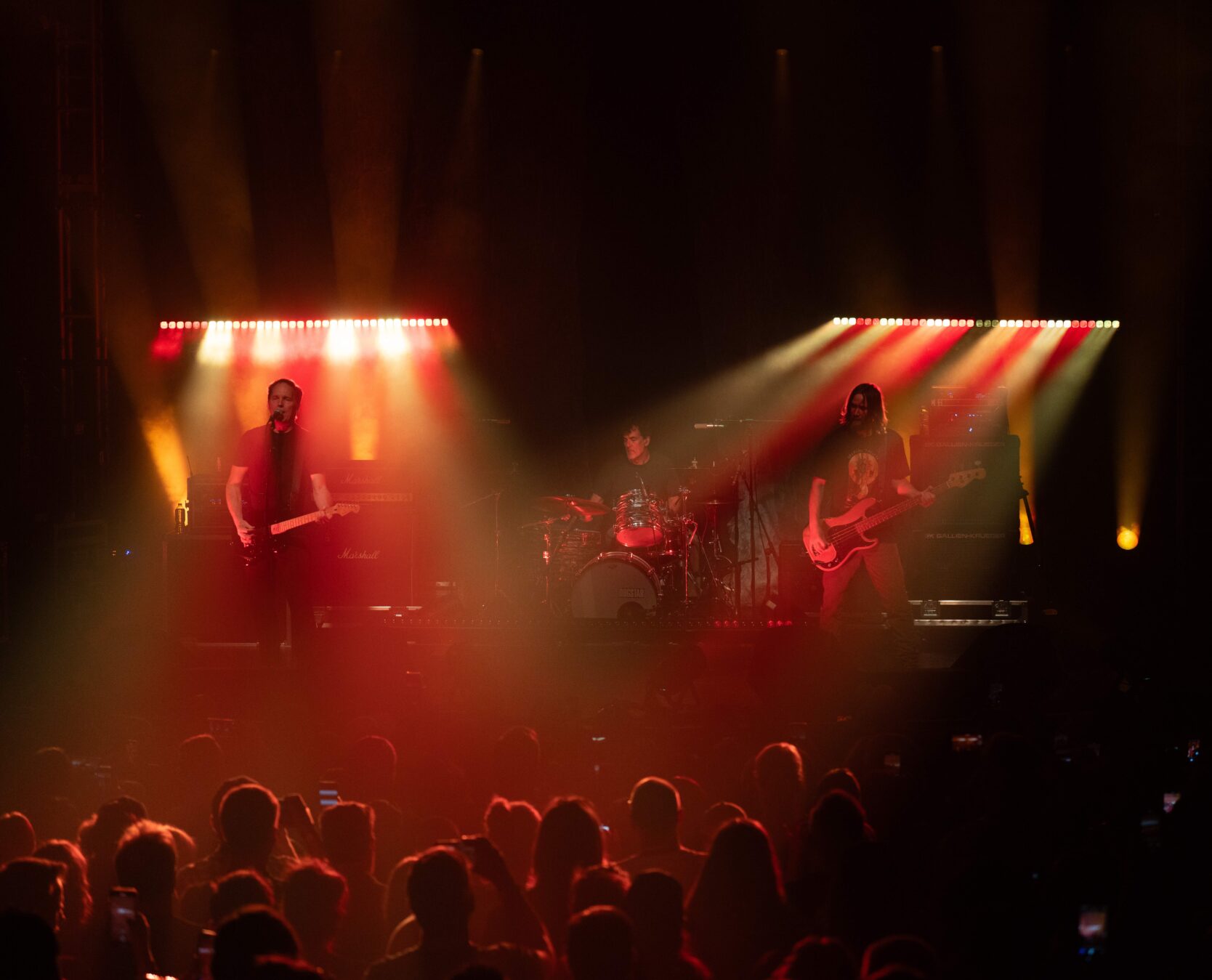
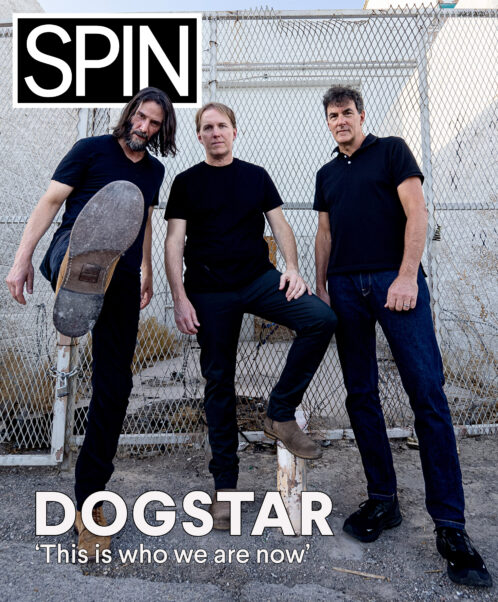
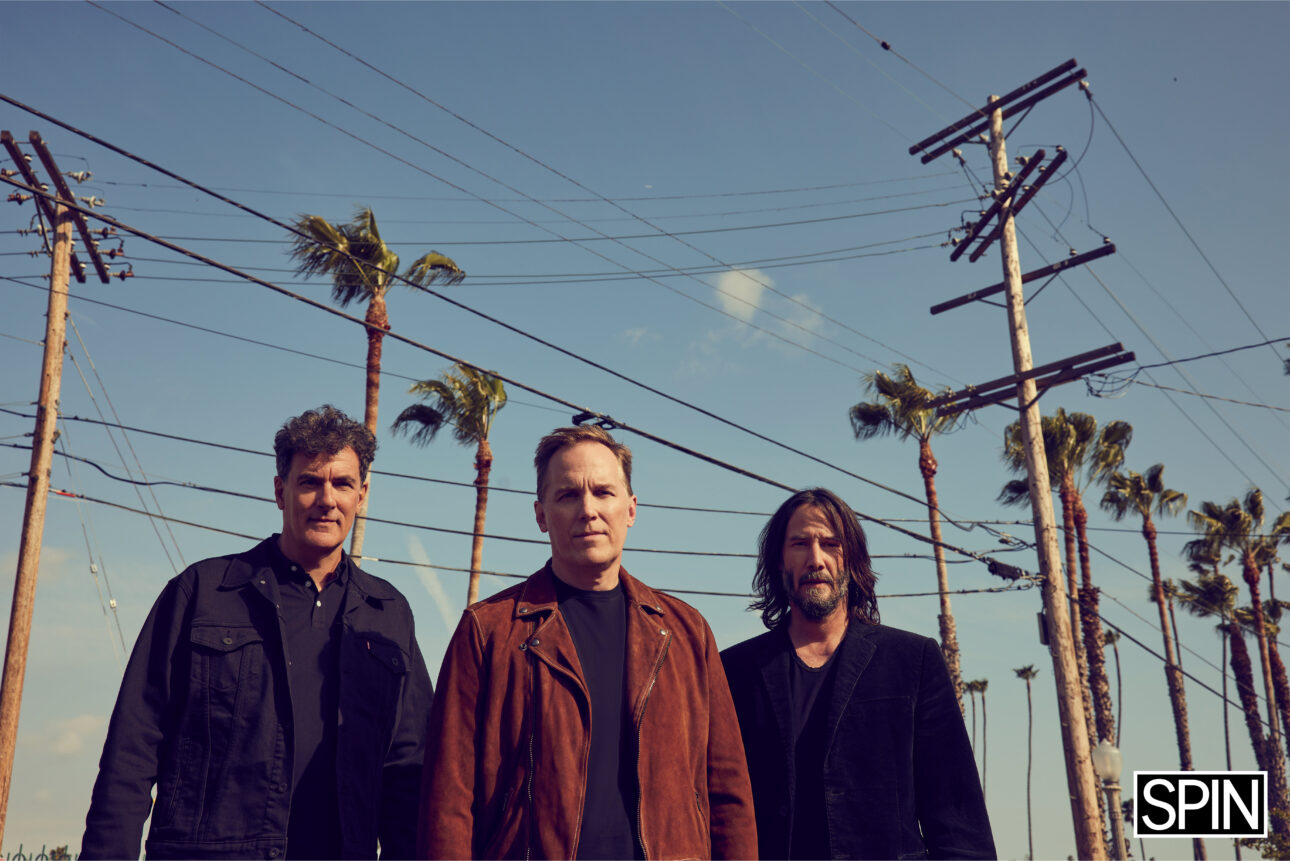 Photo Credit: Brian Bowen Smith
Photo Credit: Brian Bowen Smith
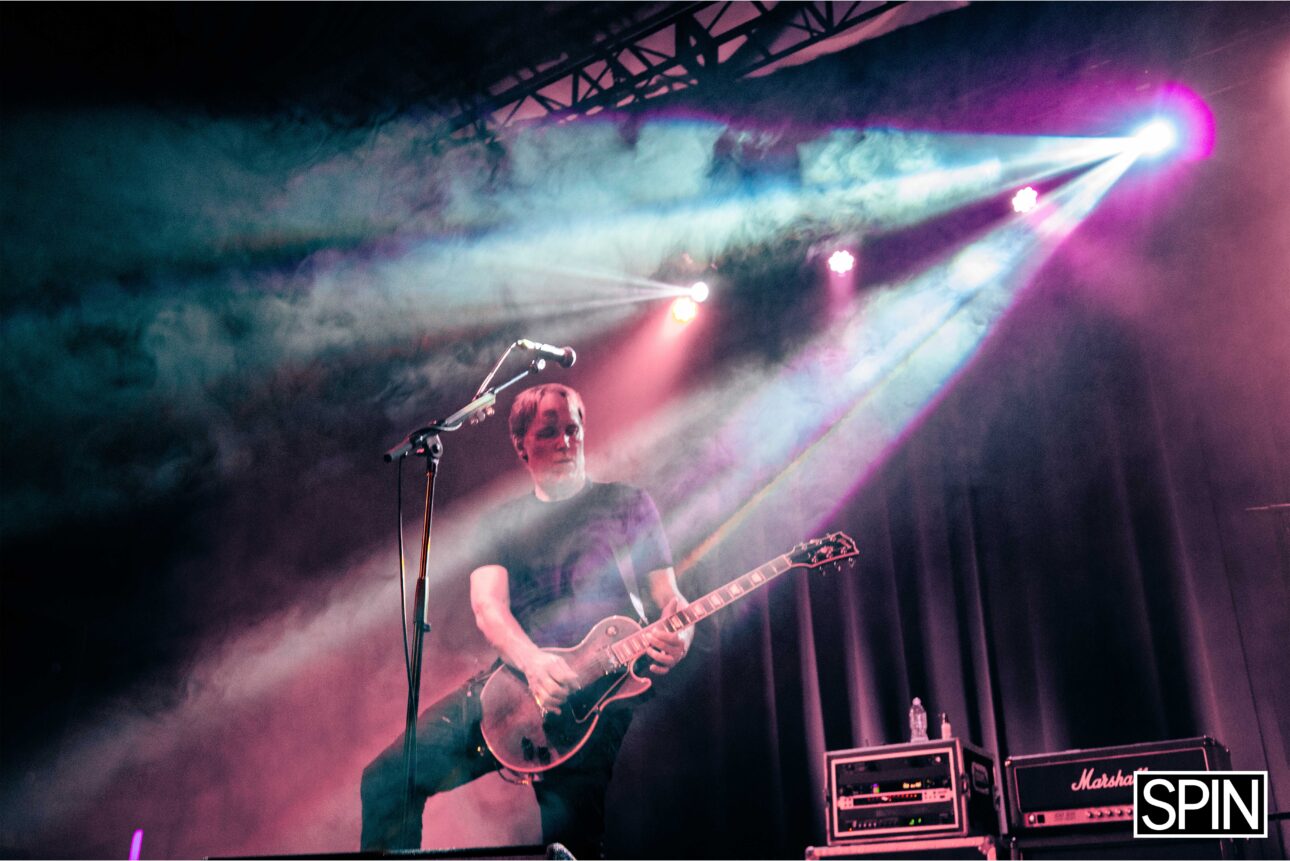 Photo Credit: Branno Kent
Photo Credit: Branno Kent
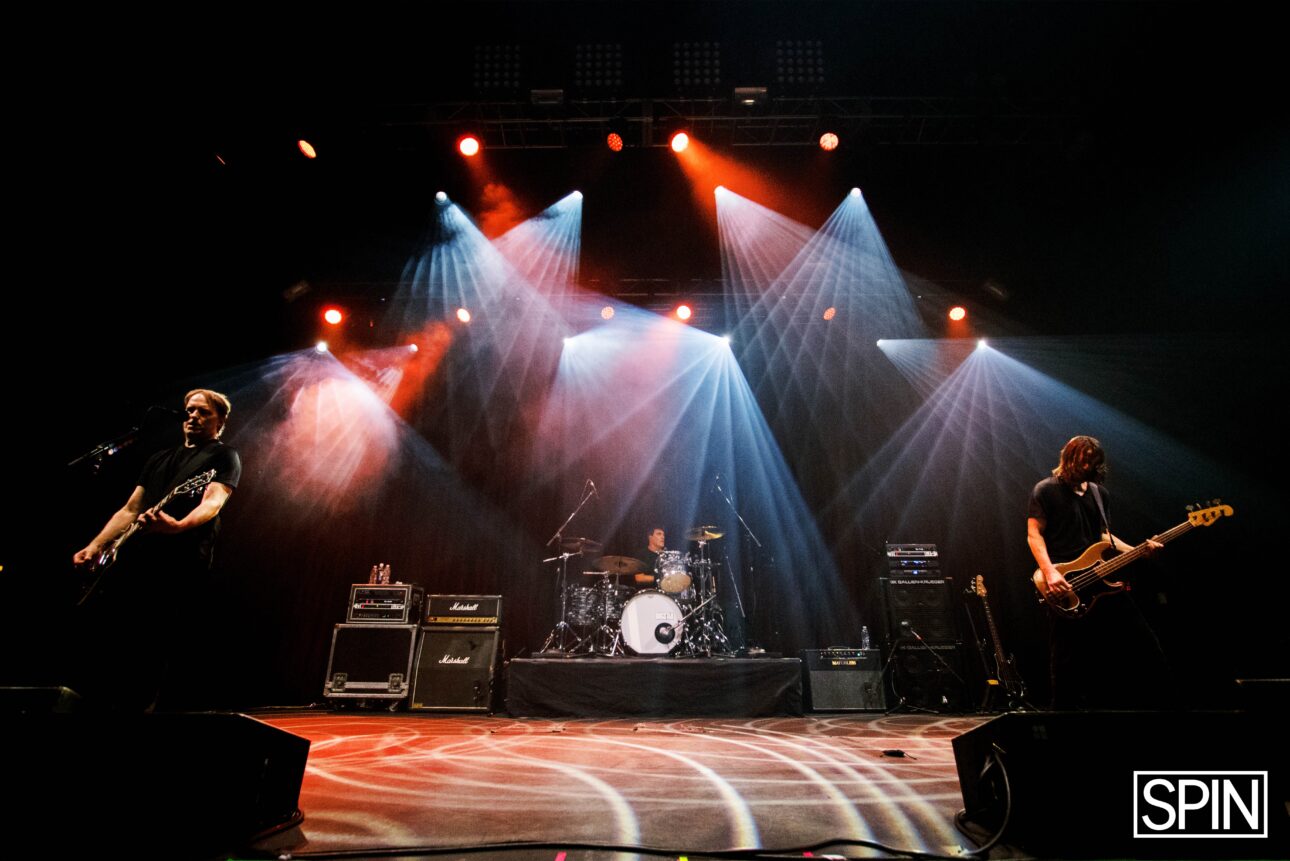 Photo Credit: Branno Kent
Photo Credit: Branno Kent
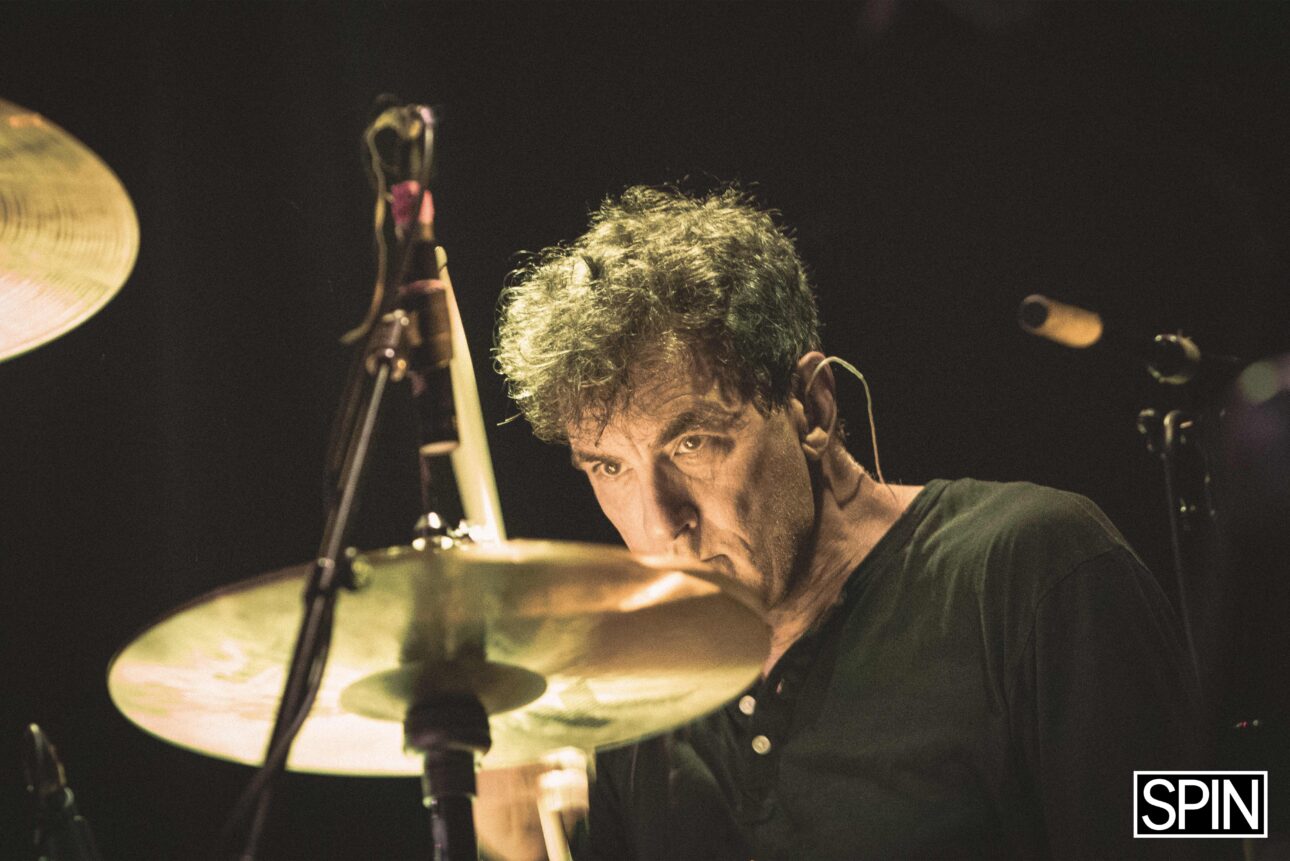 Photo Credit: Branno Kent
Photo Credit: Branno Kent
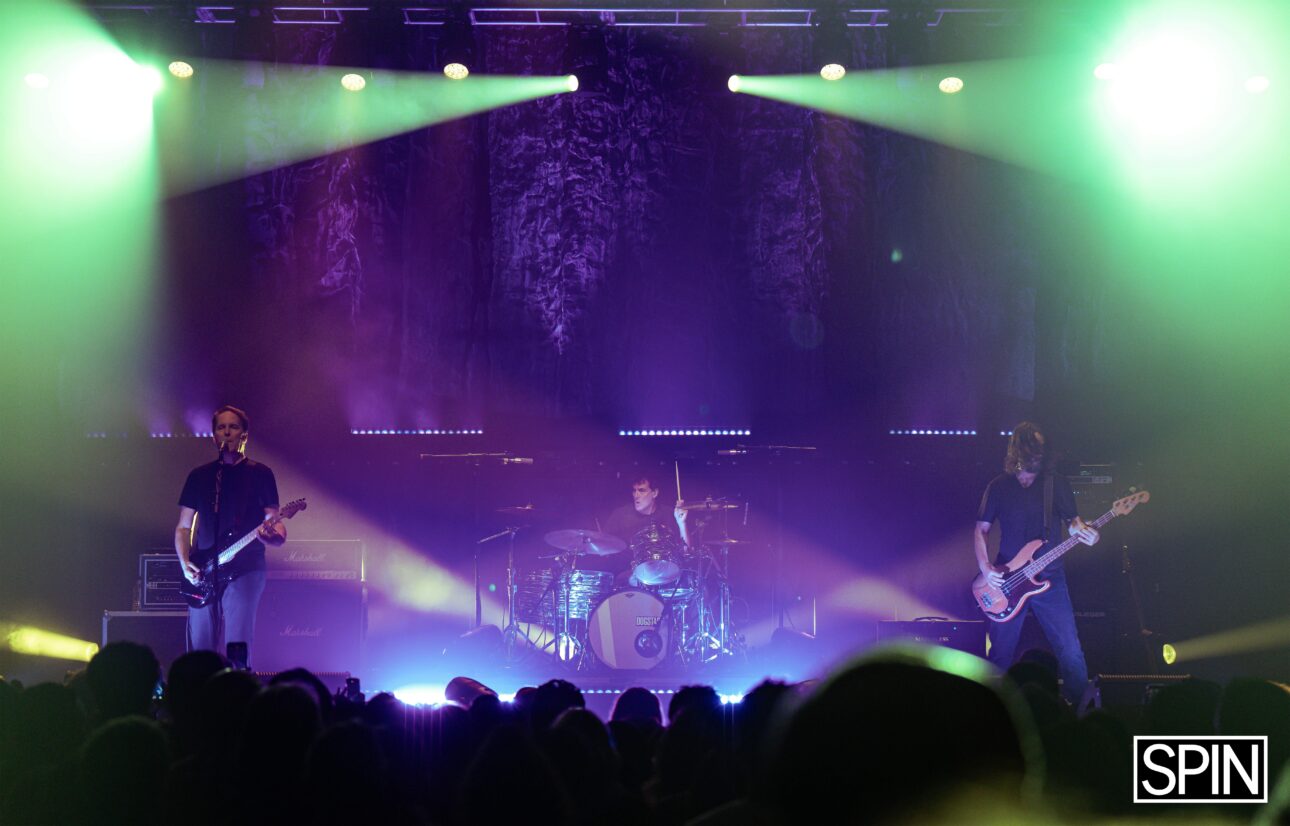 Photo Credit: Branno Kent
Photo Credit: Branno Kent
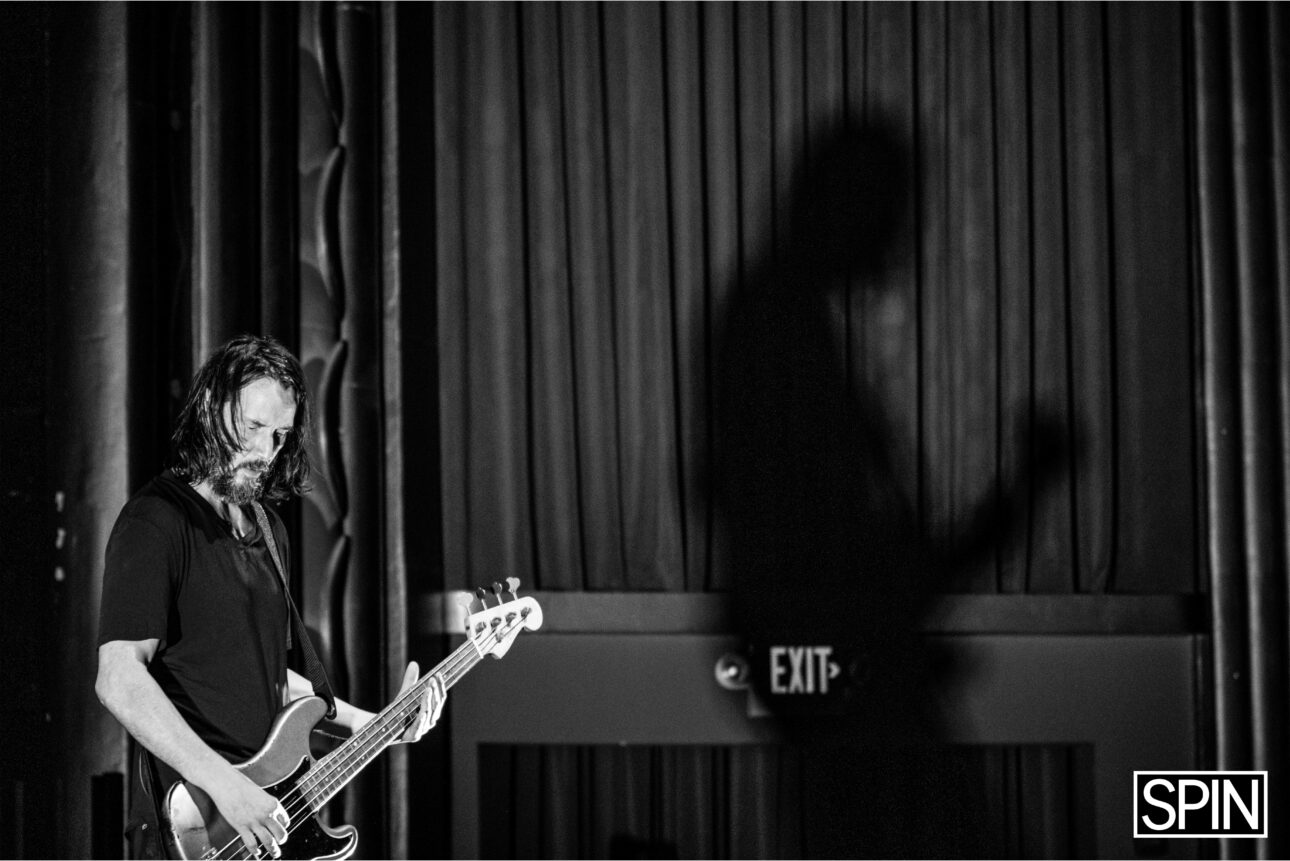 Photo Credit: Branno Kent
Photo Credit: Branno Kent
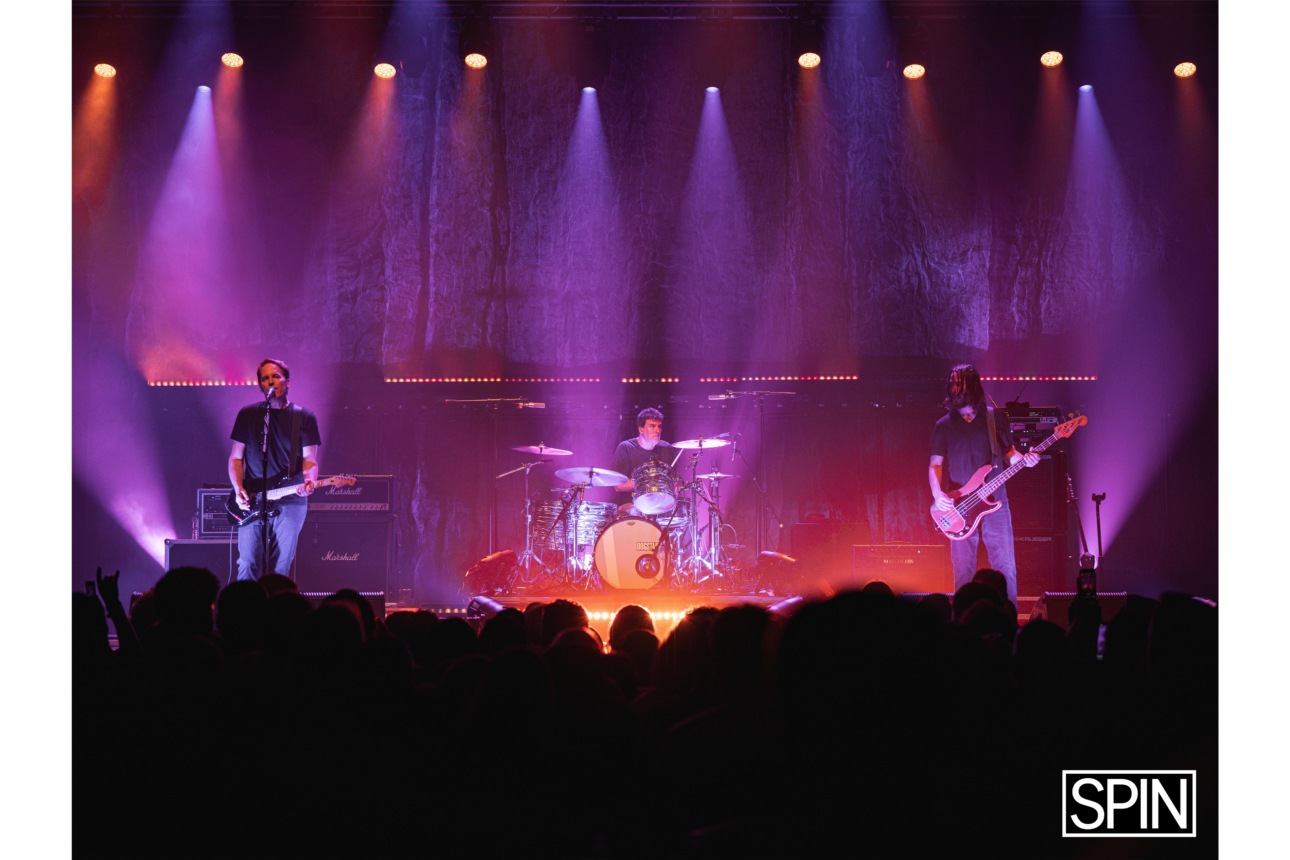 Photo Credit: Branno Kent
Photo Credit: Branno Kent
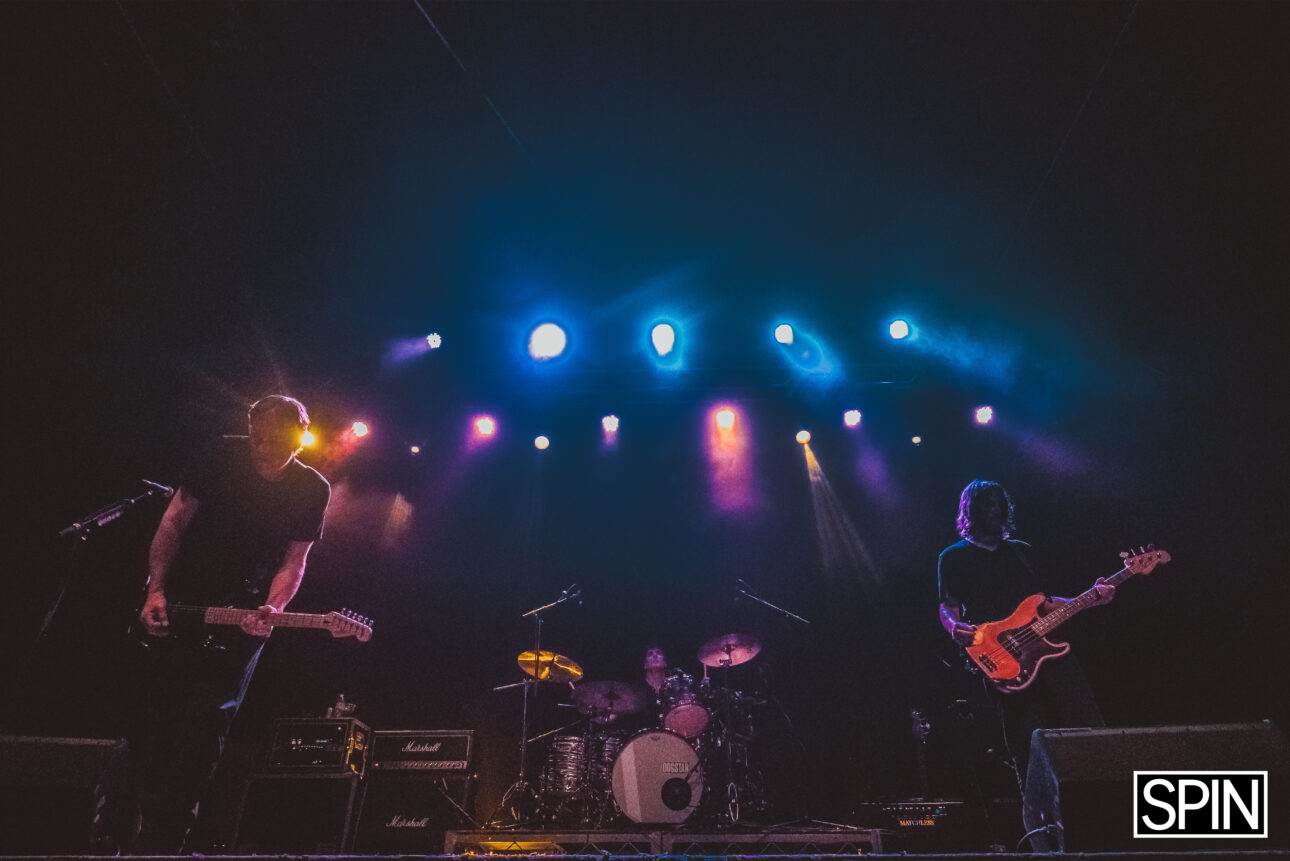 Photo Credit: Branno Kent
Photo Credit: Branno Kent


